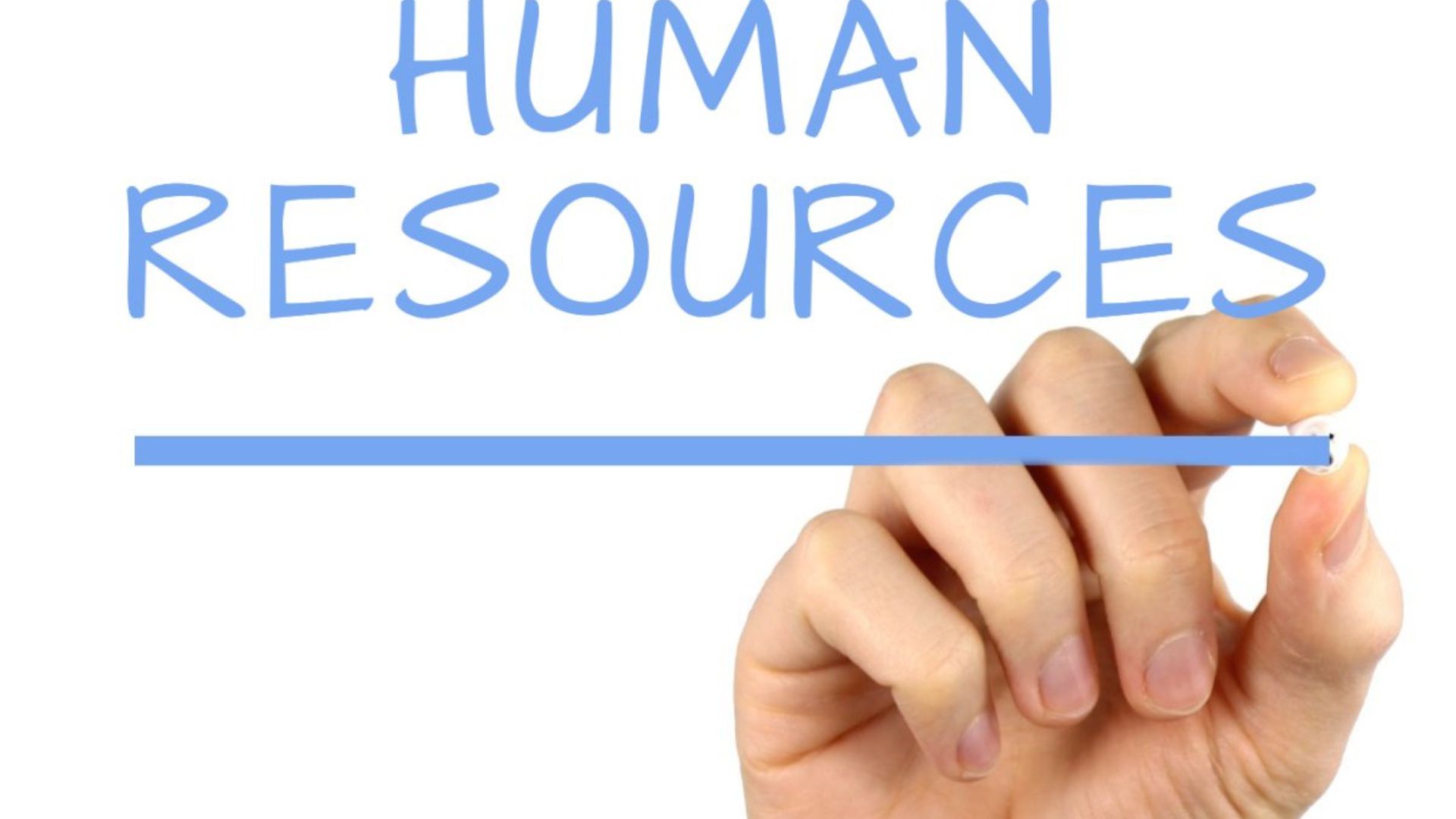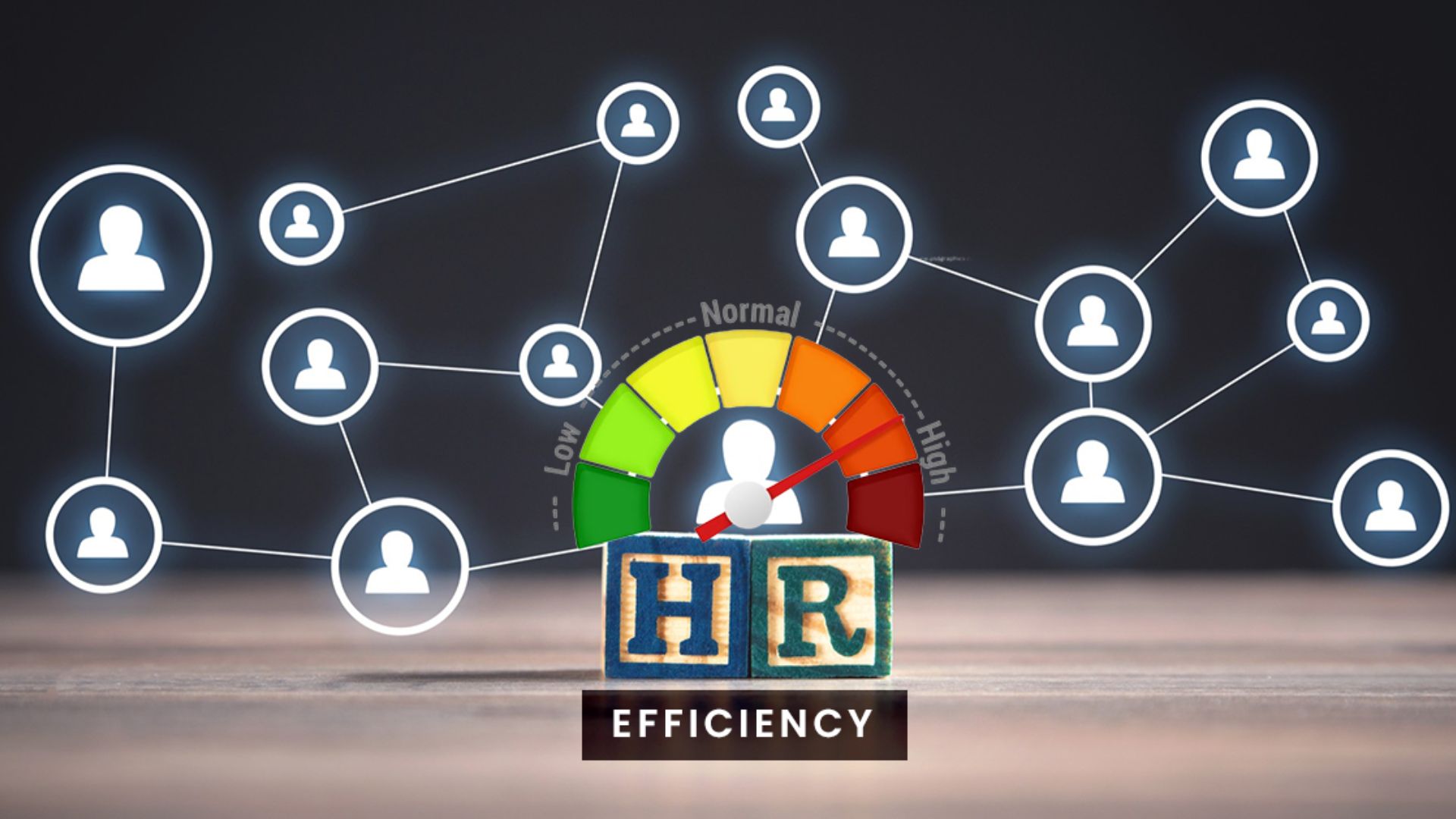Improving HR efficiency is essential for organizations that want to maximize their resources and enhance employee satisfaction. When HR functions effectively, it can lead to better recruitment, retention, and overall workplace culture. In this article, we will explore several strategies to improve HR efficiency.

1. Automate Routine Tasks
Automation can significantly increase HR efficiency by reducing manual work. This allows HR teams to focus on more strategic tasks.
- Use HR software: Implement tools for managing payroll, attendance, and recruitment.
- Automate reporting: Set up automated reports to track performance metrics and compliance.
By automating routine tasks, HR can save time and reduce errors.
2. Streamline Recruitment Processes
A smooth recruitment process is crucial for attracting the right talent quickly.
- Create a clear job description: Outline responsibilities and requirements to attract suitable candidates.
- Utilize applicant tracking systems (ATS): Use ATS to manage applications and filter candidates efficiently.
Streamlining recruitment helps fill positions faster and improves the quality of hires.
3. Enhance Employee Onboarding
Effective onboarding can improve retention rates and employee engagement.
- Standardize the onboarding process: Develop a consistent onboarding plan for all new hires.
- Assign mentors: Pair new employees with experienced team members for guidance.
A structured onboarding experience helps new hires integrate quickly and feel valued.
4. Foster Open Communication
Encouraging open communication within the organization can enhance HR efficiency.
- Implement feedback channels: Create opportunities for employees to share their thoughts and concerns.
- Hold regular meetings: Schedule team meetings to discuss updates and address issues.
Open communication fosters trust and collaboration, leading to a more engaged workforce.
5. Invest in Employee Development
Supporting employee growth can improve job satisfaction and retention.
- Offer training programs: Provide access to workshops, online courses, or mentorship programs.
- Create individual development plans: Work with employees to set personal and professional goals.
Investing in development shows employees that the organization values their growth.
6. Utilize Data Analytics
Data-driven decision-making can significantly enhance HR efficiency.
- Track key performance indicators (KPIs): Monitor metrics like employee turnover and engagement levels.
- Analyze trends: Use data to identify areas for improvement in recruitment, training, and employee satisfaction.
Leveraging data helps HR make informed decisions that drive organizational success.
7. Standardize HR Policies
Having clear and standardized HR policies can streamline processes and ensure compliance.
- Develop a comprehensive employee handbook: Outline company policies, procedures, and expectations.
- Regularly review and update policies: Ensure that policies remain relevant and compliant with regulations.
Standardized policies create consistency and clarity for all employees.
8. Enhance Employee Engagement
Engaged employees are more productive and less likely to leave the organization.
- Conduct employee surveys: Regularly gather feedback on job satisfaction and workplace culture.
- Recognize achievements: Celebrate employee milestones and contributions to foster a positive environment.
Focusing on engagement leads to higher morale and better retention rates.
9. Implement Flexible Work Arrangements
Flexibility can significantly improve employee satisfaction and productivity.
- Offer remote work options: Allow employees to work from home or adopt flexible hours.
- Encourage work-life balance: Promote taking breaks and using vacation days.
Flexible arrangements help employees feel valued and improve overall efficiency.
10. Conclusion
Improving HR efficiency is vital for organizations aiming for long-term success. By automating routine tasks, streamlining recruitment, enhancing onboarding, and fostering open communication, HR can operate more effectively. Additionally, investing in employee development and utilizing data analytics can drive better decision-making.
With these strategies in place, organizations can create a more efficient HR function that contributes to a positive workplace culture and overall success.




